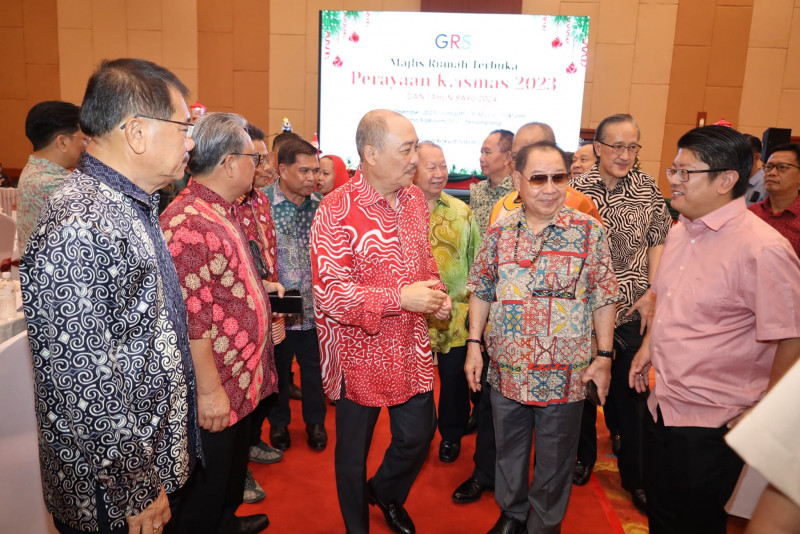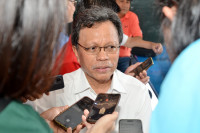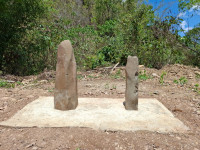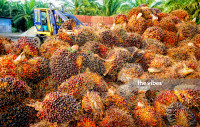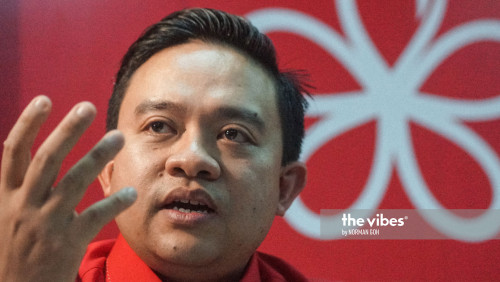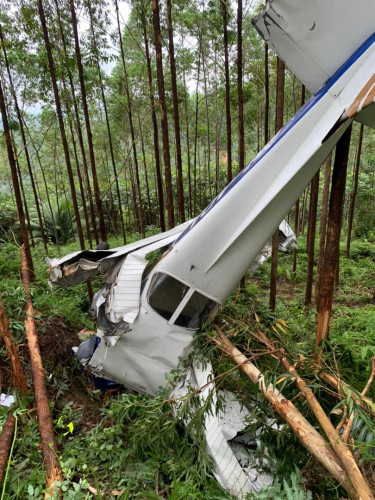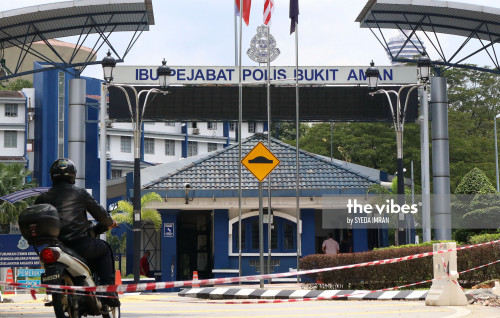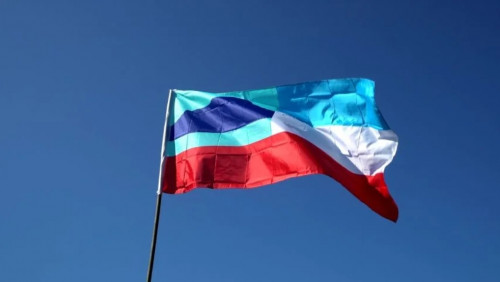THE Sabah government has asserted that the controversial Nature Conservation Agreement (NCA) it inked with a Singapore-based firm is not off despite having been signed over two years ago.
Chief Minister Datuk Seri Hajiji Noor today reaffirmed that he has no problem with the deal but pointed out that there were technical issues contributing to it not materialising.
"There are many technical matters to be addressed and looked into. Sabah has no problem with this agreement," he said after attending the Gabungan Rakyat Sabah (GRS) Christmas and New Year open house in Kota Kinabalu today.
The NCA deal is a non-binding agreement led by Sabah Deputy Chief Minister Datuk Seri Jeffrey Kitingan.
The deal raised the ire of various environmental groups in Sabah, including an indigenous rights activist who took the matter to court, challenging its legitimacy.
A coalition of more than 60 civil society organisations, CSO Platform for Reform, had demanded the state clarify its stand on the agreement.
It was reported in August that a coalition had launched a judicial review over the NCA to ascertain whether the Sabah government followed the relevant laws and procedures during its approval.
The NCA reportedly aims to grant exclusive rights to some two million hectares of Sabah’s natural heritage for a period of 100 years, with the possibility of renewal, including for carbon trading.
The environmental portal Mongabay had earlier reported that the state government had signed in secrecy the carbon trade deal on October 30, 2021, with Singapore-based Hoch Standard Pte Ltd.
Revenue generated from blockchain trading was to be split 70:30, with Sabah reaping the larger profit from the agreement.
Hoch Standard was officially listed as wholly owned by a new entity named Lionsgate Ltd in the British Virgin Islands. However, the actual owners of Lionsgate were undisclosed.
Kitingan had told the press in July this year that progress on the NCA had been hit by a one-year delay, and he anticipated another 18 months before the agreement yielded concrete outcomes.
He claimed that “someone is playing games” and had used the Sabah attorney-general’s (AG) office to release statements directly to the media, falsely claiming that the NCA is “legally impotent.”
“The NCA is still in place, but we have lost valuable time. Achieving results will take us 18 more months. To achieve this, we require human capital, aircraft, satellites, and drones,” Kitingan had said.
“If the AG's statement was genuine, it should have been conveyed through the appropriate channels rather than being released to the press.”
He stressed that the AG is in fact a part of the implementation committee for the NCA.
Kitingan had in fact expressed keenness over a carbon trading deal as far back as January 2022 when he explained that the revenue accrued from it would undertake modernisation and transformation programmes, including in the agriculture sector.
He had said the state expected to raise between RM2.2 billion to RM 5.6 billion a year via the nature conservation deal “without cutting a single tree” and at the same time preserving and safeguarding the interest of the indigenous communities.
According to the United Nations Framework Convention on Climate Change (UNFCCC), “emissions trading”, as set out in Article 17 of the Kyoto Protocol, allows countries that have emission units to spare – emissions permitted but not “used” – to sell this excess capacity to countries that have gone over their targets.
“Thus, a new commodity has been created in the form of emission reductions or removals. Since carbon dioxide is the principal greenhouse gas, people speak simply of trading in carbon. Carbon is now tracked and traded like any other commodity. This is known as the ‘carbon market’,” UNFCCC explains on its website. – The Vibes, December 29, 2023



